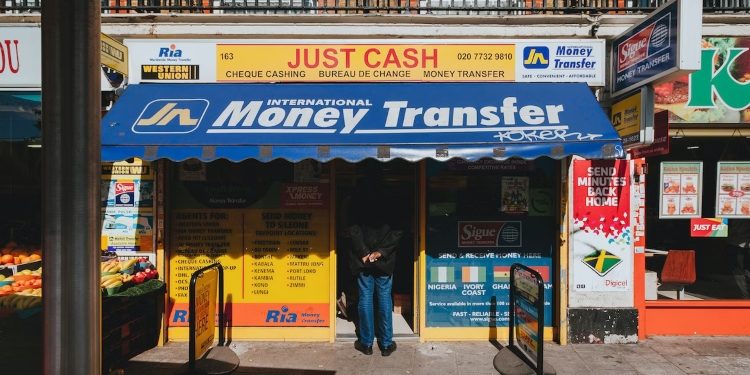Most of us only really think of currency if we’re travelling abroad. There’s always something exciting about holding some foreign banknotes in your hand, inspecting them to see how they differ from our own. But while the pretty colours and intricate patterns are alluring, you probably don’t feel the same way about the complex system that allows you to convert your own moolah into the cash of another country.
Currency exchange rates are in a constant state of flux, bouncing up and down throughout the day. Forex traders who use technical analysis will deploy techniques like triangle forex patterns to get a feel for the overall direction of an instrument. They’ll use this information to inform their decision-making, either by feeding it into a wider strategy or basing their decisions on this trend alone.
For anyone who doesn’t regularly buy and sell different currencies, the world of foreign exchange may seem like it’s from another planet. But none of this happens in isolation. It affects every single one of us, even if we’re not trading forex derivatives. Here are some of the biggest ways currency fluctuations can influence your life.
Travel Money
There are three types of travellers. Ones that rock up to the airport with a pocket full of pounds ready to exchange at the Bureau de Change inside the terminal, the ones that shop around ahead of their trip to get the best rate, and the ones that prefer to charge everything to their card while abroad.
Generally, the latter two get a better deal on their holiday cash, but no matter which one you are, you’ll be at the mercy of exchange rates. A weaker British pound means that your euros, dollars, lira, or kronas are going to cost you more. For example, in June 2015, £1 was worth €1.37. However, a year later, that same pound would get you only €1.19.
Twenty cents difference may not sound like a lot, but you needed 13% more of your hard-earned cash to have the same buying power while you were on holiday. That’s the equivalent of putting in an extra half-day shift at work every week – and no one wants to do that.
Energy Prices
You pay for your gas and electricity bills in pounds, and you hand over sterling notes when purchasing fuel for your car, but the fluctuations in the prices you pay for them are heavily influenced by foreign exchange markets.
Here in the UK, we have some of our own oil fields up in the North Sea. But this Brent Crude is still sold on the international markets in US dollars, making it subject to the same global economic forces as oil that’s extracted from the fields of Saudi Arabia or the United States.
The same applies to electricity, regardless of how it is generated, and the natural gas we use for cooking and heating.
Here, you actually have two separate factors at play because the price of energy can change based on the supply and demand of the fuel itself and also the supply and demand for the US dollar and your home currency.

The Products You Buy
In previous eras, you bought only the wares that were produced in your own country, often with a heavy skew towards those grown and manufactured in your local area. But much of this changed thanks to globalisation in the late 20th and early 21st centuries.
That means many of the foods you eat, the clothes you wear, and the electronics that keep you entertained all come, at least in part, from other countries. Therefore, fluctuations in currency markets will have a major influence on the price you pay at the checkout.
This works in much the same way as it does with energy prices, as the underlying product price is subject to market forces just as much as the currency you use to buy it. Even items produced in the UK are affected as raw materials and components are also affected by this.
So while you may not always notice, no matter what you do, currency markets are having a sizable effect on your life.
David Prior
David Prior is the editor of Today News, responsible for the overall editorial strategy. He is an NCTJ-qualified journalist with over 20 years’ experience, and is also editor of the award-winning hyperlocal news title Altrincham Today. His LinkedIn profile is here.













































































